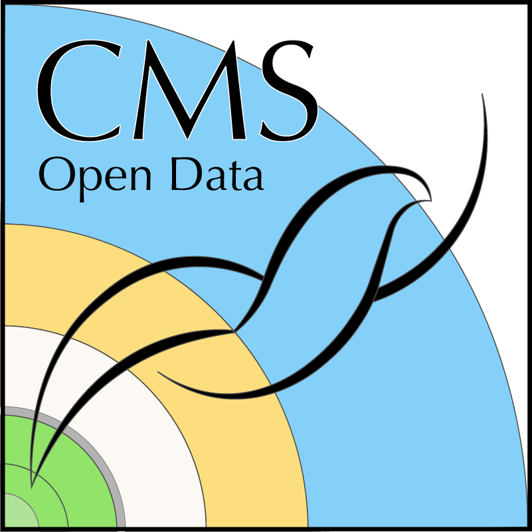Introduction
Last updated on 2024-07-28 | Edit this page
Overview
Questions
- Why is collaboration and knowledge sharing important in particle physics?
- What is the significance of open data and the open science community?
- What direction and challenges will we take in this hackathon?
Objectives
- Understand the importance of collaboration and knowledge sharing in particle physics.
- Learn about the significance of open data and the role of the open science community.
- Get an overview of the different lessons and challenges in the hackathon.
Welcome to the CMS Open Data Workshop & Hackathon 2024!
Importance of Collaboration and Knowledge Sharing
In the field of particle physics, collaboration and knowledge sharing are crucial. The CMS Open Data Workshop & Hackathon aims to foster these values by providing a platform for participants to work together, share insights, and learn from one another. By collaborating on complex problems and sharing our findings, we can push the boundaries of what we know and achieve breakthroughs that would be impossible to accomplish alone.
Testimonial
By working together, we can leverage our collective expertise and creativity to solve complex problems and advance the field of particle physics.
The Importance of Open Data and the Open Science Community
Open data is a cornerstone of modern scientific research. By making data freely available to the public, we enable a broader range of scientists and enthusiasts to engage with it, leading to more robust and innovative discoveries. The open science community thrives on transparency, accessibility, and collaboration, and CMS Open Data is a perfect example of these principles in action. Through this hackathon, we aim to demonstrate the power of open data and encourage more people to contribute to the open science movement.
Testimonial
Open data allows for greater transparency and reproducibility in research, fostering innovation and enabling more people to contribute to scientific discoveries.
Direction and Challenges of the Hackathon
This section is tailored for our remote participants who do not have an active research task for Open Data. These activities are designed to provide a comprehensive learning experience and allow you to engage deeply with particle physics, data analysis, and machine learning from a distance.
Key Activities
- Particle Physics Playground: Dive into fundamental concepts in particle physics through interactive exercises. Revisit the Particle Physics Primer pre-learning lesson to explore basic principles and engage with various scenarios to enhance your understanding.
- Particle Discovery Lab: Analyze real particle collision data from the CMS experiment using Python containers. Clone repositories, follow instructions, and perform both basic and advanced data analysis tasks to identify different particles and gain hands-on experience with real-world data.
- Machine Learning 1: Get introduced to the application of machine learning in high-energy physics (HEP). Learn initial concepts and practical applications of ML techniques in analyzing particle collision data.
- Machine Learning 2: Delve deeper into supervised and unsupervised learning methods. Follow detailed instructions to apply these techniques for classifying particle collisions, and gain practical experience in data preparation, model training, and evaluation.
- Analysis Grand Challenge: Participate in a more extensive exercise using up-to-date HEP software tools. Engage with tasks such as creating synthetic data from older CMS data, tackling generative modeling challenges, and validating complex models.
These activities are designed to provide a rich learning experience and help you contribute meaningfully to the open science community. Enjoy exploring and collaborating with fellow participants throughout the hackathon!
Challenge Yourself and Collaborate!
Join us in this exciting journey of discovery and innovation. By participating in the CMS Open Data Workshop & Hackathon, you are contributing to a global community of scientists and enthusiasts working towards a common goal. Let’s push the boundaries of our knowledge together!
Key Points
- Collaboration and knowledge sharing are essential in advancing particle physics research.
- Open data enables greater transparency, accessibility, and innovation in scientific research.
- This hackathon offers a variety of lessons and challenges suitable for participants with different interests and skill levels.
